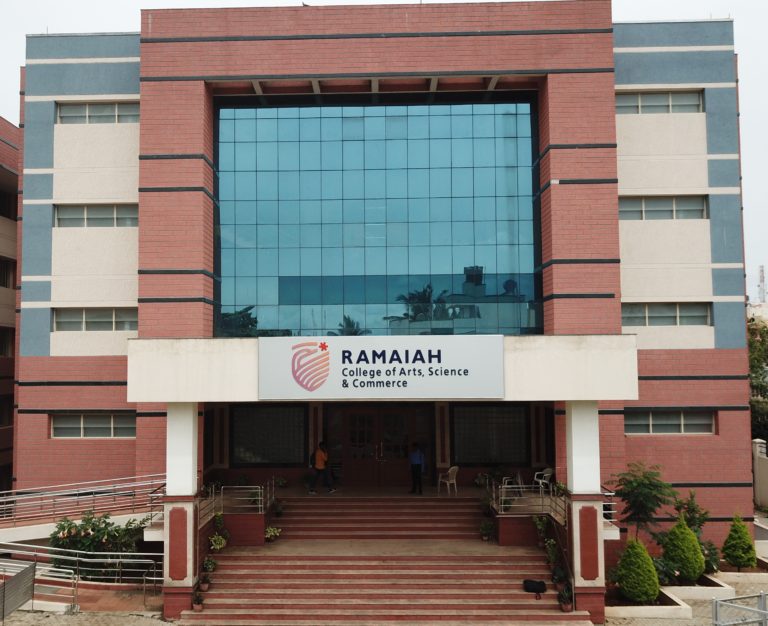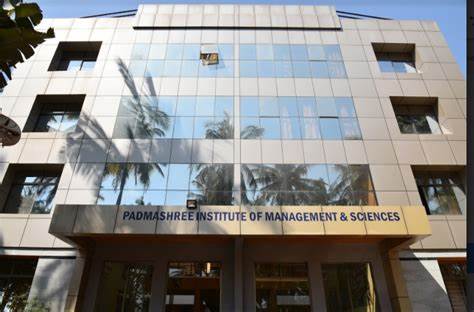Master of Science (M. Sc.) in Biochemistry is a postgraduate programme which offers a specialization in Biochemistry, which is also known as Biochemistry. The study of Biochemistry deals with chemical processes within and relating to living organisms in Science. The processes give life to the complexity of life. Students take up M. Sc. in Biochemistry in order to better understand the chemical processes which deal with living organisms. An M. Sc. course helps a student understand the nature of the course in a theoretical and practical manner and grooms young aspirants’ research further in the field of Biochemistry. M. Sc. in Biochemistry is a two-year course.
Biochemistry deals with the structures and functions of cellular components such as lipids, carbohydrates, proteins, nucleic acids etc. The main aim of pursuing an M. Sc. in Biochemistry is to understand each and every aspect of living organisms at the molecular level and to use the knowledge to benefit mankind. In order to pursue a course in M. Sc. in Biochemistry, students need to first meet the eligibility criteria and have the required skills
|
Semester-I |
|
|---|---|
|
Structure and Function of Biomolecules |
Cell Biology & Physiology |
|
Enzymology |
Bioenergetics & Intermediary Metabolism |
|
Lab Course I |
|
|
Semester-II |
|
|
Molecular Biology I |
Nutritional and Clinical Biochemistry |
|
Plant Biochemistry |
Biophysical & Biochemical Techniques |
|
Lab Course II |
Seminar |
|
Semester-III |
|
|
Molecular Biology II |
Basic Biotechnology |
|
Immunology |
Introductory Microbiology |
|
Lab Course III |
Seminar |
|
Semester-IV |
|
|
Biostatistics and Research documentation |
Bioinformatics |
|
Stem Cell and Reproduction |
Lab Course IV |
|
Project Report |
|






Student Review About Course